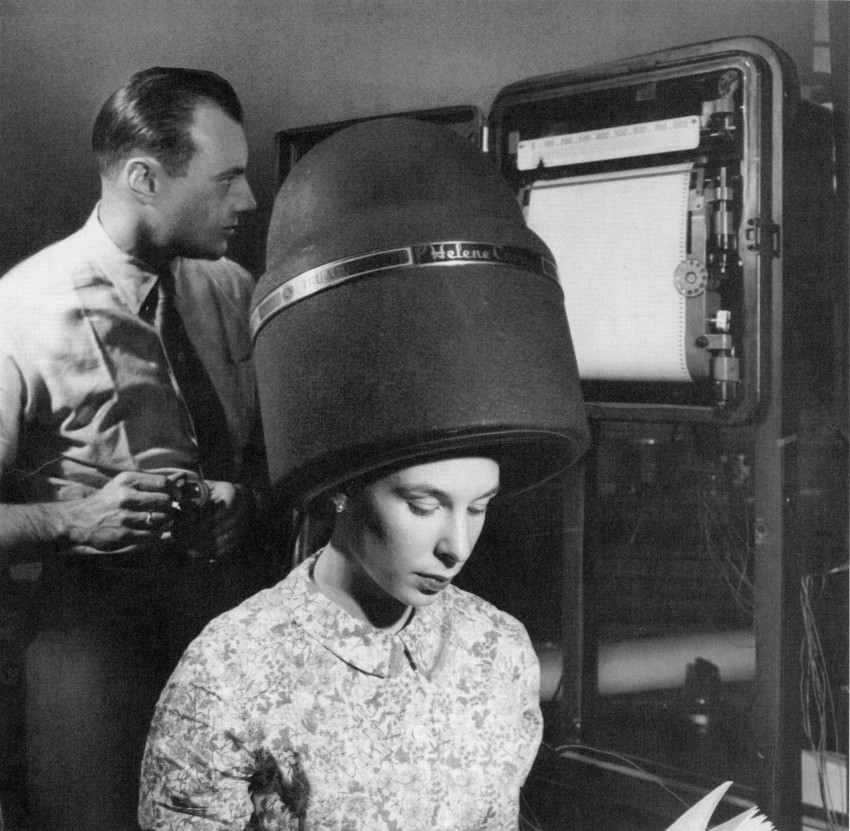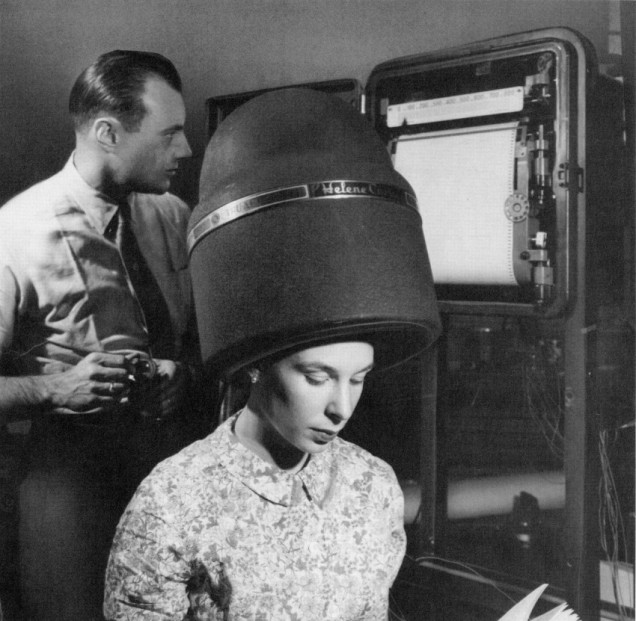The seed of the alien-abduction belief is always a question. Such questions can seem small and insignificant: “Why did I wake up in the middle of the night unable to move?” “Why do I have frequent nightmares?” “What are these strange coin-shaped marks on my back?” “Why was I compelled to drive twenty-five miles out of the city last night?” Or they are profound and important: “Why do I feel so alone?” “Why am I different from everyone else?” “Why are my relationships so rocky?” “Why do I feel empty and depressed all the time?” The questions lead to a search for causes, and then, eventually, to belief in alien abduction. —Susan A. Clancy, Abducted


“Any journalist who is not too stupid or too full of himself to notice what is going on knows that what he does is morally indefensible. He is a kind of confidence man, preying on people’s vanity, ignorance, or loneliness, gaining their trust and betraying them without remorse. Like the credulous widow who wakes up one day to find the charming young man and her savings gone, so the consenting subject of a piece of nonfiction writing learns—when the article or book appears—his hard lesson. Journalists justify their treachery in various ways according to their temperaments. The more pompous talk about freedom of speech and the public’s “right to know;” the least talented talk about Art; the seemliest murmur about earning a living.” Janet Malcolm
I have been poking around a little into other works by Susan A. Clancy, who wrote Abduction. She takes a very clinical position toward the people she interviews, and this makes me a little sad for them. I have noticed this in other books by scientific researchers. The “subjects” answer openly and honestly; they probably have no idea that Clancy is going to debunk their entire reality in her book. There’s a skeptical, scientific standard being applied to their narratives. True or False. Black or White. But true and false can be flexible and porous, even in the hands of a scientist. Especially when it comes to memory and what goes on in people’s heads. It turns out that Clancy also wrote a book about childhood sexual abuse. She has been accused of approaching the victims in that project with the same general attitude she held toward the “abduction survivors.” Prove it.
Moral of the story, when you see an ad in the newspaper calling for people to participate in research (of any kind), swim away.
My friend R. has a very open mind. She believes in both alien abduction and the likelihood of aliens walking around on earth disguised as humans.
She asked me to consider the possibility that I might be an alien myself.
“It would explain a lot,” she told me.
I remembered that once, when I was at summer camp, I woke up in the middle of the night and I thought I saw a UFO landing in a field behind my row of tents. But it turned out to be the headlights of the pick-up truck that belonged to the maintenance crew. They lived down a dirt road that passed behind the tents. They would drive into town and drink when all the campers were sleeping.
Another time, also at camp, I thought I saw a wolf, but then I realized it was just a dog.